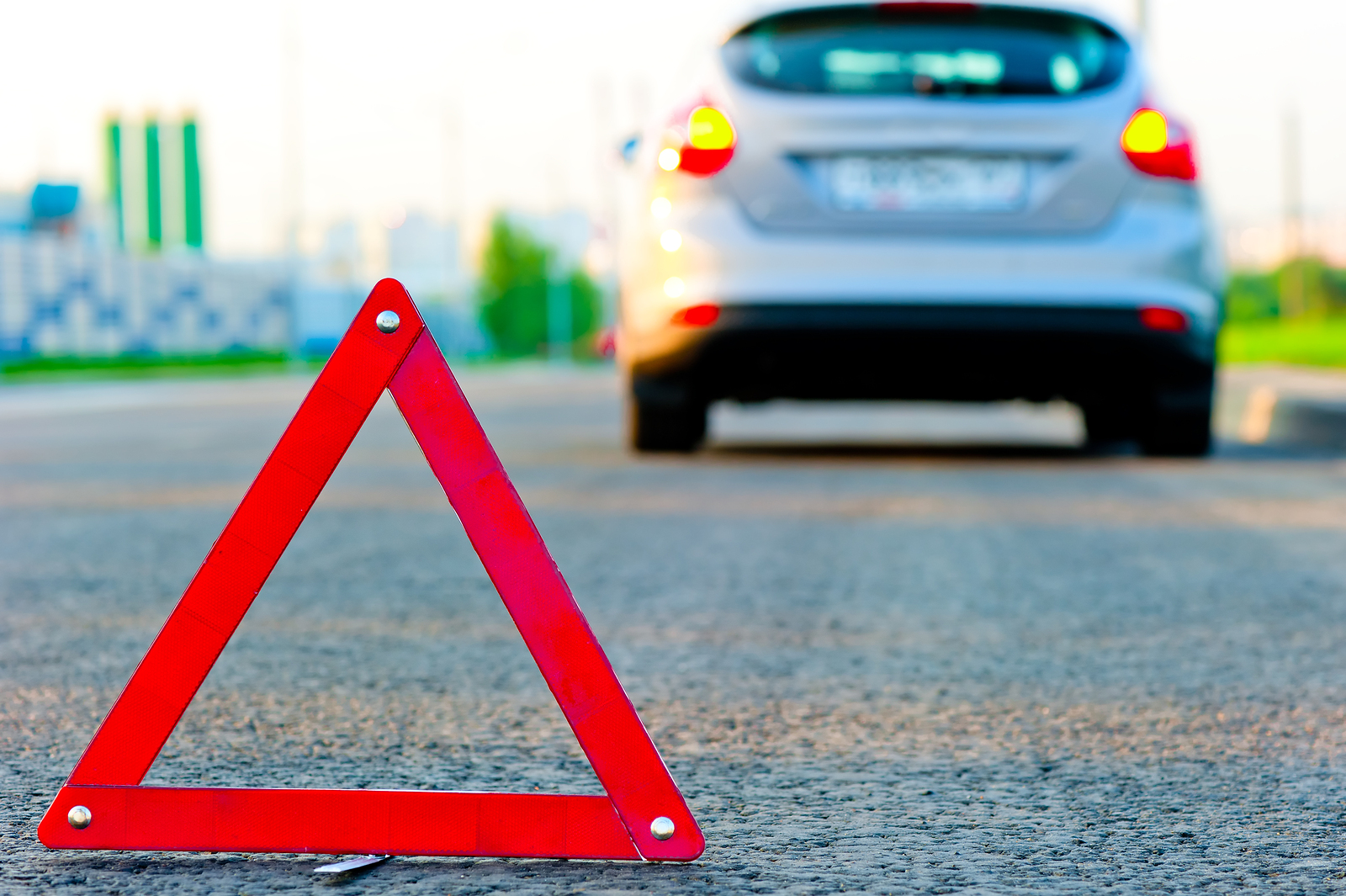Perhaps you’ve been driving yourself for a long time? Or you just got your first vehicle? The experience can be very exciting and at the same time intriguing. The joy of owning a car becomes short-lived when the car develops a fault on motion and you don’t have a personal driver.
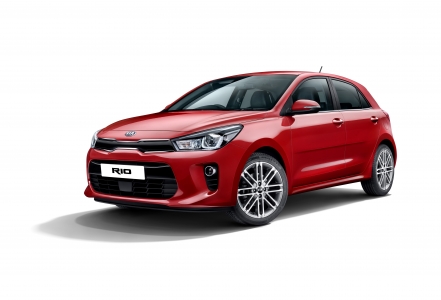
It feels like you’ve made a terrible mistake buying a car especially when it breaks down in the middle of nowhere. But not to worry!
FindADriver247.com, Africa’s number one platform for hiring drivers on a monthly or daily basis shares 10 items that you must keep in your vehicle to assist you in the midst of car breakdown:
A basic toolkit: You don’t want to weigh your vehicle down too much, but you never know when an emergency might call for the use of a few basic tools, like screwdrivers, a tyre gauge, a jack and tools to help you remove a tyre. Your car might already come with a basic toolkit. Check your handbook for where to find it
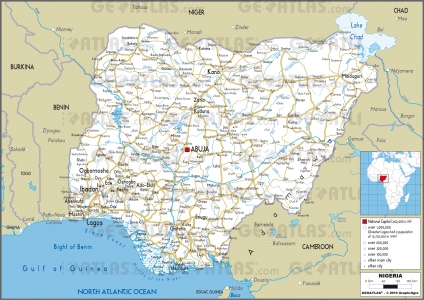
A map: While you’re probably able to find your location using your mobile phone (only when safely parked of course), you know that you’re bound to have no battery just when you really need it. There’s no harm in keeping an old fashioned map in your boot just in case you find yourself getting lost without your phone to help you.
A basic first aid kit: You never know when you might need to carry out some basic first aid while out on the road, whether it’s an accident you’ve been involved with, or one you’ve witnessed. Make sure you’ve always got items such as bandages, gauze, tape and disinfectant in the car.
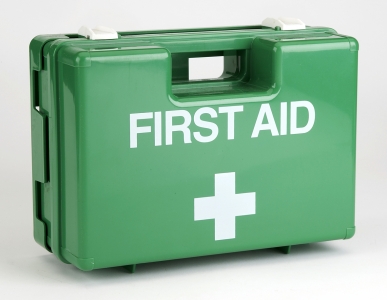
A spare in-car mobile phone charger: Especially if you’re a female driver driving alone, it’s crucial that you can call for help in an emergency, so always make sure you have a spare in-car charger in your vehicle. You can buy a USB car charger quite cheaply, so all you have to do is connect the appropriate cable for your phone. Alternatively, you could get hold of a cheap spare mobile phone and keep it fully charged in your car in case you ever need it.
A torch: This is a simple one but could really help if you find yourself in trouble when it’s dark, especially if there aren’t any street lights.
Warning triangles: If you break down you may find warning triangles helpful to warn approaching drivers of an obstruction in the road. Also, if you’re driving abroad, depending on the country you could end up with a fine if you don’t have warning triangles in your vehicle.
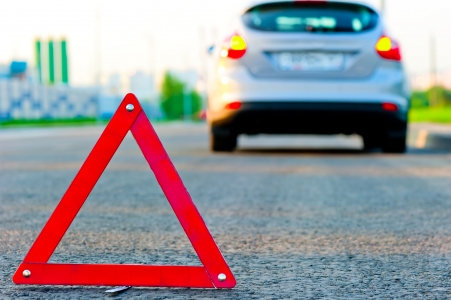
Spare engine coolant, oil and windscreen fluid: This is a no-brainer, especially if you regularly drive long distances. Make sure you check your oil, water, antifreeze and screen wash levels regularly to avoid coming into difficulties on a long journey.
You should also keep some spare supplies in the car just in case you run out while away from home. Only check or top up your engine coolant when the engine is cold (i.e. you haven’t driven the car for a while), as it’s a pressurised container.
Spare warm clothing: We all know how cold it can get during rainy season, so pack a jumper or two, or maybe a blanket, in case you’re stuck waiting in or out of your car for a while.
The contact numbers for your insurance and towing companies: Again, don’t rely on your mobile phone for this one. Just note down the key numbers for both your insurance and towing companies (including both Customer Service and the Claims Line, plus the emergency numbers if there are any) on a piece of paper and keep it somewhere safe – perhaps in the glove box of the car.
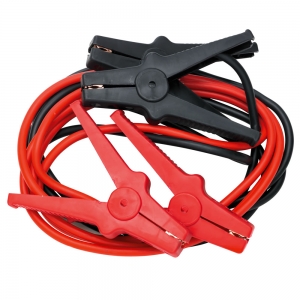
Jump leads: If you suddenly discover your car battery is dead, having a set of jump leads in your car will hopefully save you, providing a sympathetic driver stops to help, or you have someone to call who can come to your aid.








